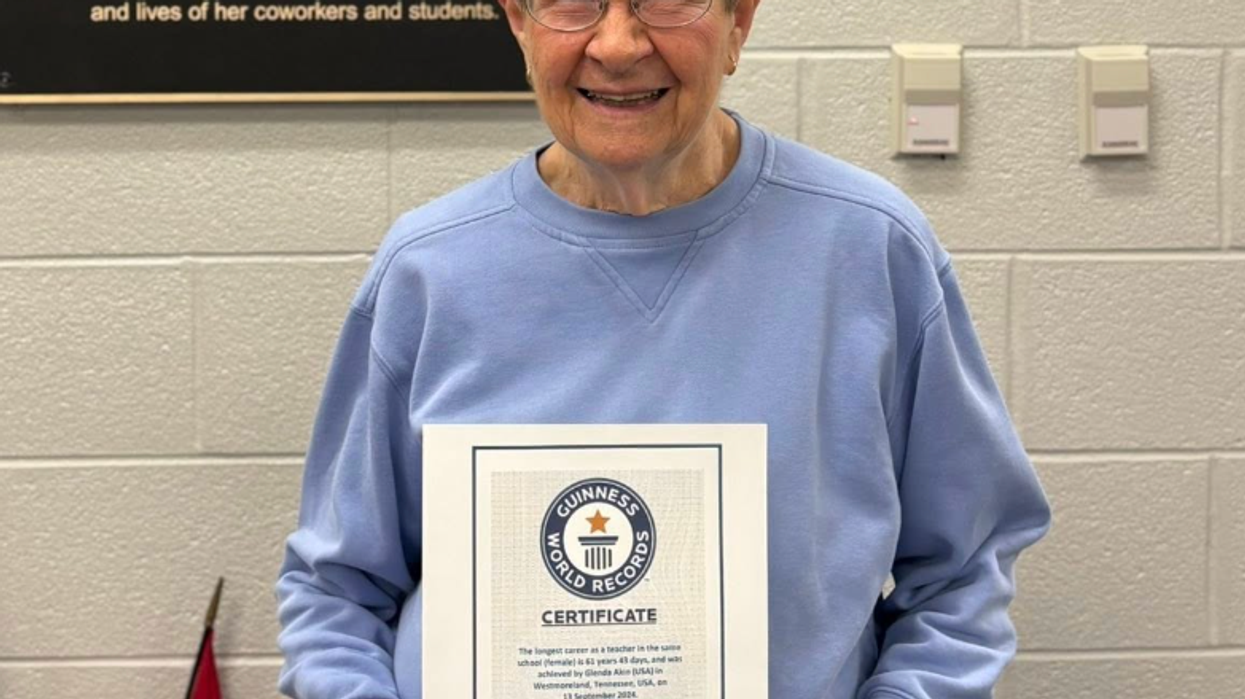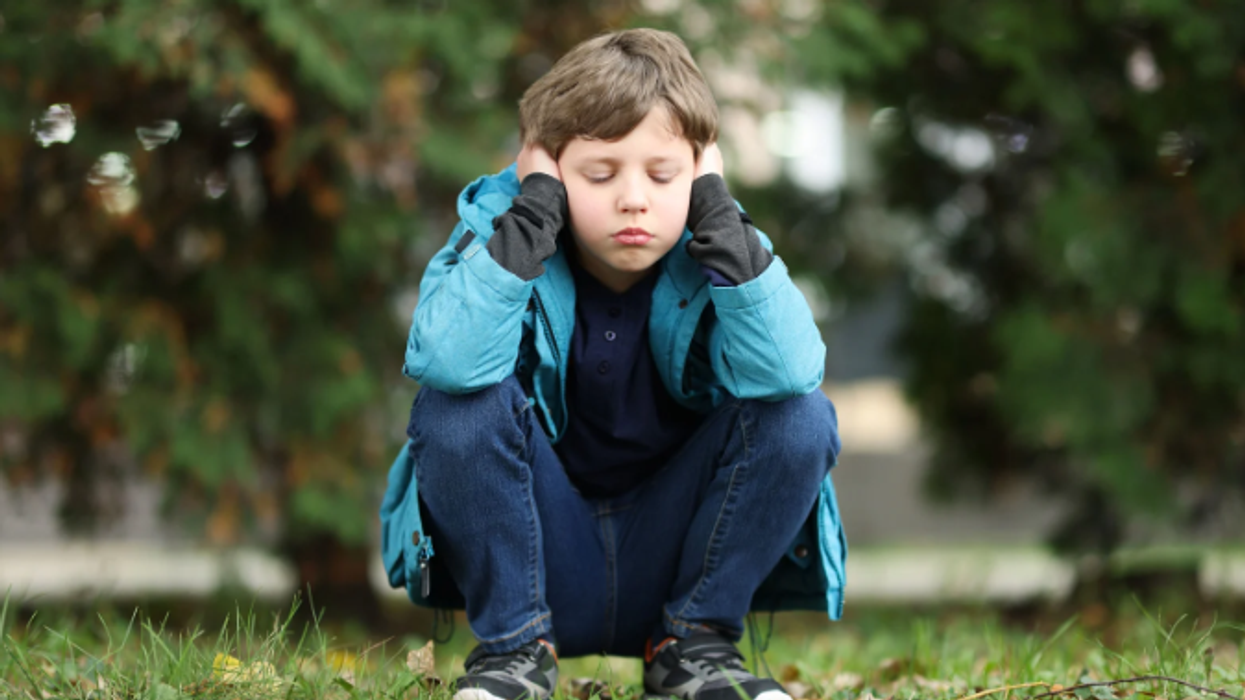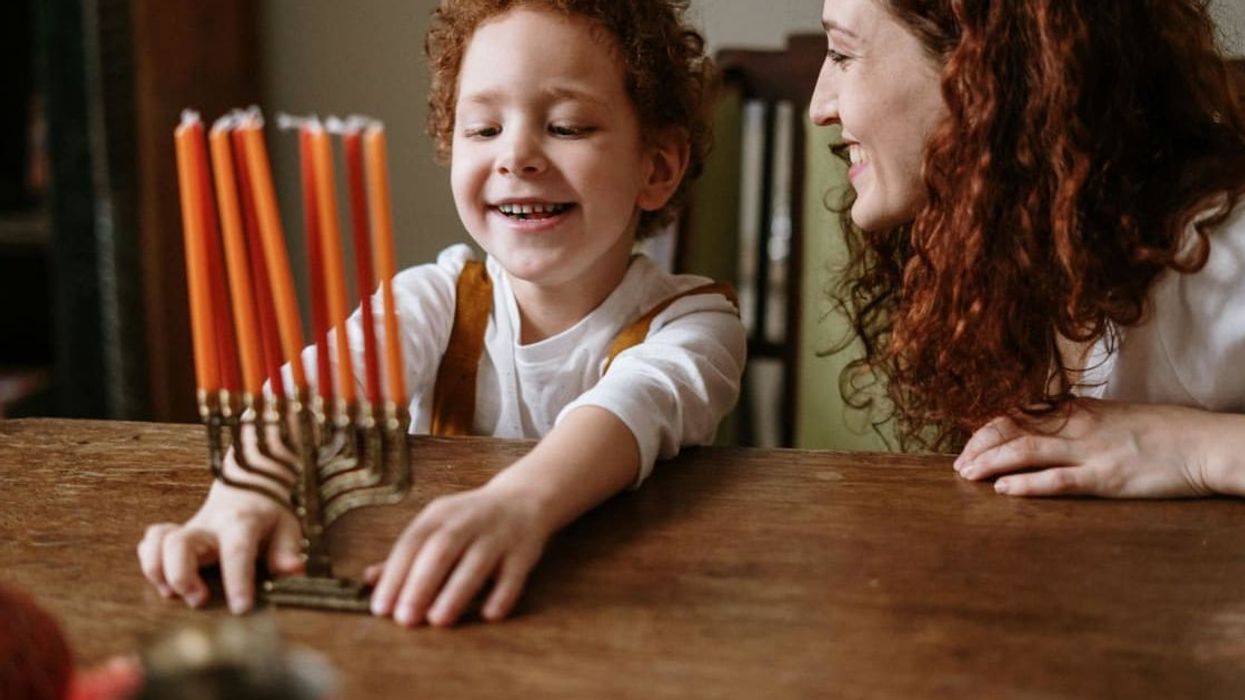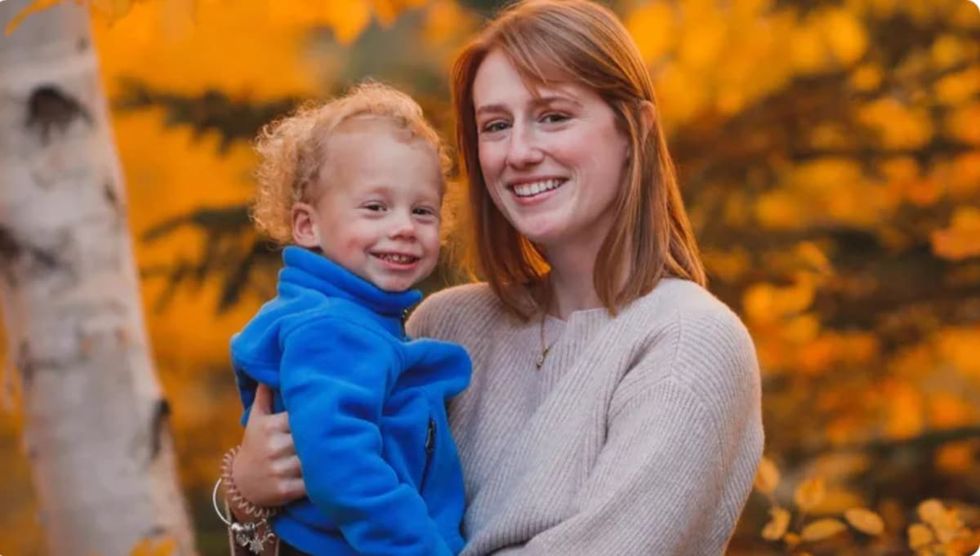Parenting isn’t easy, especially if you have kids who just don’t listen. It’s not like you want to be a mean parent or anything, but there are some days in which they don’t seem to get the point you’re trying to get across. This can make any parent frustrated, and the kids, too. If this sounds like what’s happening between you and your child, maybe it’s because you’re saying an ineffective phrase or two. On top of that, you might be missing out on some “magic” phrases that help better communicate and connect with your child.
Luckily, child psychologists have found five of the least effective yet common phrases parents use on their kids and offer some quality alternatives that work. There are also five phrases provided by child psychologists that parents can use to help their children and strengthen their relationships. Let’s get started.
@danmanganmusic So effective! Must try! #parenting #parentingtips
Least effective: “How many times do I have to tell you?”
More effective: “I’ve asked about this many times now, what is making this hard for you?”
Saying “How many times do I have to tell you?” just showcases your frustration and implies to the child that they’re intentionally defiant when they could be missing the mark because they’re confused or there’s a disconnect rather than intentional incompetence. The more effective phrasing allows you to figure out where the problem is rather than peg the child themselves as the problem.
Least effective: “You know better than that.”
More effective: “I know you can do this, let’s figure out what the trouble is.”
“You know better than that” is more confrontational and makes the child worry more about punishment rather than getting the result you ultimately want. The alternate phrasing allows your child to solve the issue as a team and reinforces the idea that you’re there to help them.
@somocomlab A lot of people asked for a part 2 to the 10 phrases you shouldn’t say to your kids video, so here it is! 10 positive phrases you can use to empower your kids, strengthen your relationship, and model positive emotion regulation so they can learn how to not lose it when things don't go their way. #gentleparenting #childdevelopment #parenthood #mentalhealth #familyfirst #childrensmentalhealth #traumaresources #connection #relationship #positiveparenting #consciousparenting #respectfulparenting
Least effective: “If you don’t ____, I’ll take away ____.”
More effective: “When you’re ready to ____, we can do ____.”
This type of phrasing just puts the child into a defensive mode and feels like picking a fight over power dynamics rather than just getting them to put their toys away, get ready for bed, etc. The alternative option allows you to keep the boundary you’ve set while allowing your child to have a feeling of agency.
Least effective: “Stop crying, you’re fine.”
More effective: “Tell me what is happening that is making you this upset.”
Telling a child to just stop feeling an emotion doesn’t help in two ways. One, it tells the child that their feelings are wrong or too much for themselves or others to handle. Two, it tells them that you’re not a person that is concerned about their feelings and it limits their ability to trust you. Getting your child to share why they’re feeling in such big ways will calm them down faster, allow you to alleviate their fears or concerns, and grow trust between you.
Least effective: “Because I said so.”
More effective: “I know you don’t like this, but let me explain and then we’ll move on.”
Be honest, has that phrase ever worked without you feeling resentment toward your parents? “Because I said so” just shuts down any communication, telling your child that blind obedience is expected and closes them off from feeling understood or heard. The alternative phrase lets them know that their feelings are heard and that you’ll make attempts at mutual understanding, but that the subject itself isn’t open for debate or negotiation.
With all of those alternatives given, there are some phrases the child psychologists recommend parents say often in order to strengthen bonds with their children to the point that they’ll likely make life as a parent much easier for you and them. Here are a few of them:
Most effective: “How can I help you ____?”
Being a parent means reminding your child that you’re there to guide them when they need you. Offering to help isn’t the same as offering to “rescue” them or to do something for them instead, but to provide that guidance and assistance. “How can I help you clean up?”, “How can I help you understand this math problem?,” “How can I help you remember to feed the dog?,” and other such phrasing puts the responsibility and ability on them while allowing them room to learn how to accomplish the tasks should they require it.
Most effective: “What I know is…”
Even the best kids are mistaken or, frankly, lie. But calling them out on their mistakes or lies could lead to tantrums and arguments that don’t really get you anywhere. Instead, pointing out the facts of the situation (“What I know is that there were five cookies before I left you with them and now there are only two…”) spells out the facts at hand without accusation and leaves your child to either admit their mistakes or to point out information that you might not know. In either case, the truth will reveal itself.
@the.family.coach A parents words are powerful. We can use our words to build into break. To mold. To encourage. To build esteem and identity. Self-worth courage. Bravery. Grit. Kindness. As we all know, our kids can sometimes bring out the worst in us. We can say horrible things sometimes. But we can also say beautiful things. Things that will change the way that they see themselves, and see the world. If you are struggling with your parenting, your emotions, or what comes out of your mouth. Or if you have a really challenging kid that you cannot seem to get through to... I can help. I’ve been helping parents like you for over two decades. Go to my website and read more about my parent coaching and book a free call with me.
Most effective: “I understand why you’re angry/sad about this, what can we do now?”
Emotions can be difficult for even adults to manage, so it’s beneficial to help your child manage theirs and teach them some healthy ways to express them while they’re young. Saying that you understand reminds the child that their feelings are valid and normal, and asking what you two can do offers both agency to the child and reminds them that you’re there to help them as a team.
Most effective: “I’m sorry, I made a mistake.”
Apologizing and owning up if you make an error or lose your temper can be huge for a child. It reinforces the fact that they’re people deserving of respect and that they too should apologize when they’re in the wrong. It also builds trust that you will give them similar grace if they share that they made a mistake and apologize for it, rather than hide it or try to cover it up to prevent themselves from getting into further trouble.
@yourastrologyauntie We are learning together baby #fypシ #viral
Most effective: “Thank you for ____.”
“Thank you for putting your toys away without me asking.” “Thank you for being nice and playing with your baby brother.” “Thank you for listening to me.” It feels good to be thanked regardless of age, and it lets your child know that their actions are seen, appreciated, and matter. This encourages good behavior and lets them know that what they are doing is making a difference.
Communication is key in any relationship, but without practice, it can easily break down between parent and child given children’s overall inexperience in life. However, with the right mindset and words used by the adults in their lives, children can grow and learn in a healthy environment while also being less of a headache for their parents who just want what’s best for them. With proper communication they can really grow in amazing ways, and they may even learn to not leave their shoes at the bottom of the stairs for the 112th time.




















 Toddlers especially are curious and constantly testing boundaries which can lead to frustration for parents. Finding the right balance between patience and effective communication is keyYuganov Konstantin/Canva
Toddlers especially are curious and constantly testing boundaries which can lead to frustration for parents. Finding the right balance between patience and effective communication is keyYuganov Konstantin/Canva Montessori Academies teach awareness and respect of their environment as part of their educational program. By encouraging your child to use an indoor voice and signals to them peace.Yuri Arcurs/Canva
Montessori Academies teach awareness and respect of their environment as part of their educational program. By encouraging your child to use an indoor voice and signals to them peace.Yuri Arcurs/Canva When young children are overwhelmed, they go into survival mode and logic flies out the window. Their nervous system goes into fight-or-flight and they need help from you to regulate their emotions. Evengy Atamaneko/Canva
When young children are overwhelmed, they go into survival mode and logic flies out the window. Their nervous system goes into fight-or-flight and they need help from you to regulate their emotions. Evengy Atamaneko/Canva 
 There are plenty of low or no-cost date ideas.Canva
There are plenty of low or no-cost date ideas.Canva Couples can energize their relationship by finding bonding moments that reignite their wonder.Canva
Couples can energize their relationship by finding bonding moments that reignite their wonder.Canva
 Representative Image: Busy hands working on a garment.
Representative Image: Busy hands working on a garment.  "SPEECHLESS!" Facebook I
"SPEECHLESS!" Facebook I  "God is really good!"Facebook I
"God is really good!"Facebook I 
 Representative Image: Disney World made the perfect surprise.
Representative Image: Disney World made the perfect surprise.  Image source: TikTok |
Image source: TikTok |  Image source: TikTok |
Image source: TikTok |  Image Source:
Image Source: 
 A couple attends a funeralCanva
A couple attends a funeralCanva A therapist consults with a patientCanva
A therapist consults with a patientCanva A father and young son giving each other the silent treatmentCanva
A father and young son giving each other the silent treatmentCanva  Woman walks alone on the beachCanva
Woman walks alone on the beachCanva